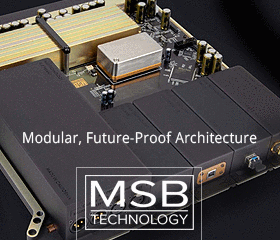Has anyone actually tried different cables on their Vivaldi stack?
It seems like the defacto go to is Transparent Reference XL clock and AES/ebu cables (especially here in the US) but I haven't seen much talk about any brands in detail.
Really interested in comparisons to Transparent.
I wonder what dCS in England uses as their reference cabling?
It seems like the defacto go to is Transparent Reference XL clock and AES/ebu cables (especially here in the US) but I haven't seen much talk about any brands in detail.
Really interested in comparisons to Transparent.
I wonder what dCS in England uses as their reference cabling?













